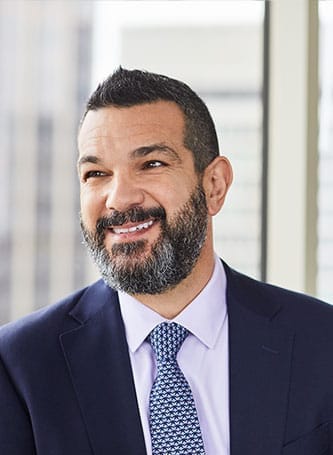Adopted children or “issue” cannot take from an irrevocable testamentary trust executed at a time when adoptees were excluded from the definition of “child” in such instruments, despite adoption legislation aimed at achieving precisely that goal, according to the Supreme Judicial Court (the “SJC”).
The SJC’s recent decision in Bird Anderson v. BNY Mellon, N.A., Trustee, 463 Mass. 299 (2012), handed down on August 28, 2012, holds that the retroactive application of a 2009 statutory amendment to G.L. c. 210, § 8 (“Section 8”) that would include adopted children as the beneficiaries of an irrevocable testamentary trust is unconstitutional.
The Bird Anderson case involved a will with a testamentary trust executed in 1941, at a time when adopted children were statutorily excluded from the definition of “child” or its equivalent unless (i) a contrary intent plainly appeared in the instrument, or (ii) the child had been adopted by the person creating the instrument. In 1958, an amendment to the relevant statute, G.L. c. 210, § 8 (“Section 8”), reversed the prior rule of construction so that the term “child” or its equivalent would include adoptees, unless a contrary intent plainly appeared in the instrument. The 1958 amendment, however, applied only prospectively to instruments executed after its effective date. In 2009, the Legislature enacted another amendment that made the 1958 amendment effective to all testamentary instruments, regardless of the date of execution.
In the meantime, in 2007 the plaintiff in Bird Anderson began receiving a distribution of proceeds from the 1941 trust executed by her great grandmother, which excluded her two adopted brothers by operation of the pre-1958 version of Section 8. In 2009, the plaintiff was informed by the trustee of the trust, Defendant BNY Mellon, N.A., that by operation of the 2009 amendment, her adopted brothers would become beneficiaries and her distribution would be reduced. The SJC’s decision reports that if the adopted brothers were included as beneficiaries, the plaintiff’s share of the income and principal of the trust would be reduced from fifty percent to sixteen and two-thirds percent.
The SJC found, however, that the retroactive application of the 2009 amendment to Section 8 to alter construction of the trust (which became irrevocable in 1942 when the testator died) violated substantive due process rights set forth in the Massachusetts Declaration of Rights.
The Court noted that, in the instant case, family members had made provision for the adopted children in which the plaintiff did not share. In 1981, the plaintiff’s grandmother executed a separate trust that excluded the plaintiff as a beneficiary, but provided for her adopted brothers. (Interestingly, neither of the plaintiff’s adopted brothers filed an appearance or brief in the case; it appears that the litigation resulted from the trustee’s view that it was obligated to make distributions consistent with the 2009 amendment.)
The Court (with Justice Margot Botsford writing) recognized that the goal of providing for equal treatment of biological and adopted children was a “laudable” one. Nonetheless, the Court wrote, “[a]pplication of the 2009 amendment retroactively has the potential to upset the planning of multiple generations of a family like the Birds and could lead to a situation where there remains unequal treatment of adopted and biological issue, but in the other direction.”
